House of Commons: Finance Ministers, past and present, hold the sway
The new Liberal government under Mark Carney will table its first federal budget on November 4.
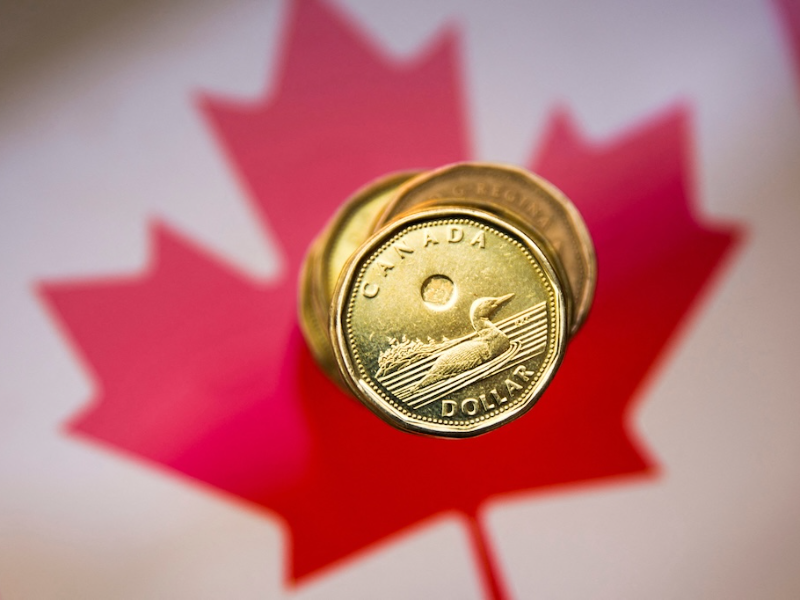 A Canadian dollar coin, commonly known as the "Loonie," is pictured in this illustration picture taken in Toronto, January 23, 2015. / REUTERS/Mark Blinch/File Photo
A Canadian dollar coin, commonly known as the "Loonie," is pictured in this illustration picture taken in Toronto, January 23, 2015. / REUTERS/Mark Blinch/File Photo
While former Deputy Prime Minister and Finance Minister Christina (Chrystia) Alexandra Freeland made public her exit from Federal Politics within hours of the new Finance Minister François-Philippe Champagne announcing that the new Liberal government under Mark Carney will table its first federal budget on Nov.4.
Early in the day, Chrystia Freeland announced her departure from federal politics, confirming she will step down from Cabinet and not seek re-election.
In a letter to constituents she expressed gratitude for the trust placed in her over five terms representing University–Rosedale riding in Greater Toronto Area. She thanked both Prime Ministers Justin Trudeau and Mark Carney for the opportunity to serve in Cabinet, as well as her colleagues, staff, and family for their support.
It was her resignation on the day in December last year she was to present her fiscal report during the previous Liberal Government under Justin Trudeau, that rocked the federal politics. She had then resigned both as Deputy Prime Minister and Finance Minister.
She joined the race to head the Liberal Government after Justin Trudeau quit but lost it to the incumbent Prime Minister Mark Carney. She contested the last federal elections on April 28 and won comfortably.
Interestingly, while the Leader of Opposition Pierre Poilievre, after losing the April 28 elections, made a triumphant entry to House of Commons by winning a byelection from Alberta, Chrystia Freeland, made public her decision to quit federal politics.
Incidentally, she has been appointed international envoy to Ukraine and will help as an envoy in its reconstruction.
After she quit Justin Trudeau’s Cabinet, a Liberal MP of Indian origin, Chandra Arya, became the first member of the Liberal caucus to propose the name of Chrystia Freeland for the Prime Ministers’ office. Interestingly, he himself became the first candidate to join the race for the party leadership. However, the party high command rejected his credentials for the leadership race.
It did not end there. Subsequently, his nomination as a Liberal candidate from Nepean riding in Ottawa was also turned down. Instead, it is Mark Carney, the Prime Minister, contested successfully from there. It may be just a coincidence that in the current House of Commons, both Chandra Arya and Chrystia Freeland, would be missing from members’ list.
Freeland highlighted key accomplishments during her tenure, including trade negotiations with Europe, the renegotiation of NAFTA, economic protections during the pandemic, infrastructure investments, and Canada’s support for Ukraine.
Explaining her decision, Freeland said the demands of public office had become too great and that she wishes to dedicate more time to her family. She emphasized her pride in serving Canadians and expressed confidence in the country’s resilience.
“Canada has faced great challenges, but it will emerge stronger than ever,” she wrote.
When she quit in December last year, she called out her own government's economic stewardship and "costly political gimmicks." Her exit escalated caucus pressure on Trudeau to resign, triggering a leadership race that she ran in, but that ultimately made Mark Carney leader. The Liberals would go from 20 points behind the Conservatives to a comeback win in April's election.
She's attracted ire from Trump, who called her "toxic," and from Russia, which sanctioned her back in 2014.
Sources say Canada-U.S. Trade Minister Dominic LeBlanc will absorb Freeland's internal trade duties and government House leader Steve MacKinnon will take on transport.
Meanwhile, Finance Minister François-Philippe Champagne announced that the Liberals woud table the federal budget on November 4.
The Opposition has been criticising the Liberals for delaying the budget. Even on the first day of resumption of Parliament, the Conservatives mounted attacks that instead of much delayed budget, it was now being shifted to November instead of October.
The long-awaited spending plan will be the federal Liberals’ first under Prime Minister Mark Carney.
It will also be the first budget as finance minister for Champagne, who announced the date during question period Tuesday.
He billed the plan as a “generational investment” in Canada’s future.
“We’re going to present a great budget in this house on the fourth of November, mister speaker,” he said.
“We’re going to build this country, mister speaker, we’re going to protect our communities, we’re going to empower Canadians.”
Carney has billed the budget as one of both cost-cutting and investment as Ottawa looks to protect Canada’s economy against U.S. trade disruption.
The federal budget typically arrives in the spring but the Liberals delayed it until the fall.
The minority Liberal government will need support from at least one other party to pass the budget in the fall session of Parliament.
Carney has announced a series of big-ticket spending items since the spring election, including billions of dollars in new spending on defence and infrastructure.
The federal government also cut personal tax rates in the lowest tax bracket by a percentage point as of July and has announced an expenditure review to trim day-to-day spending across the public service.
Many fiscal observers are expecting the federal deficit to balloon in the fall budget. Carney has pledged to balance the operating side of the budget within three years even as capital spending is expected to grow.
ADVERTISEMENT
ADVERTISEMENT
E Paper
Video




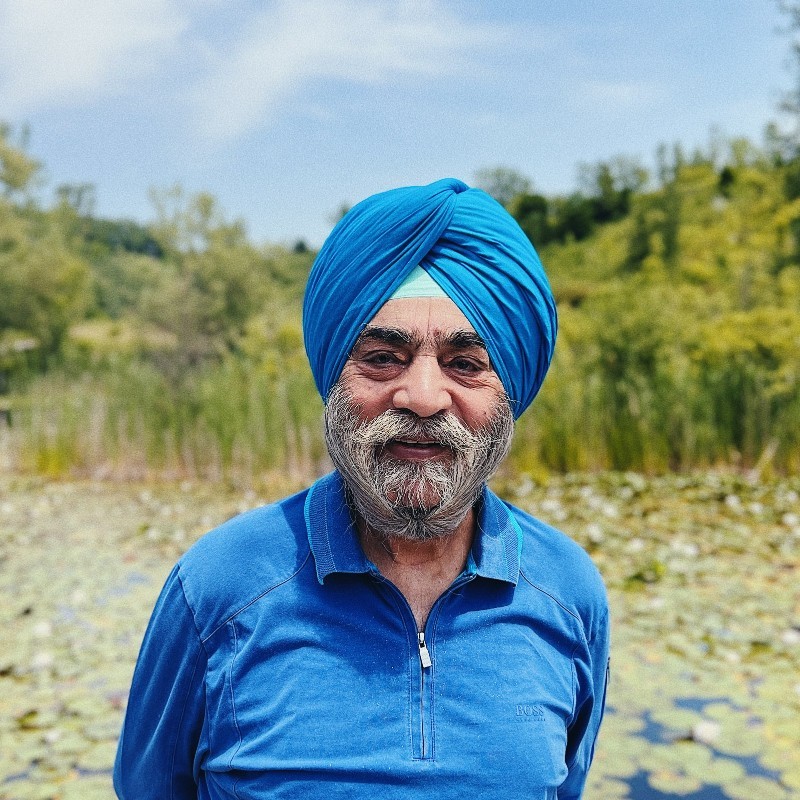 Prabhjot Paul Singh
Prabhjot Paul Singh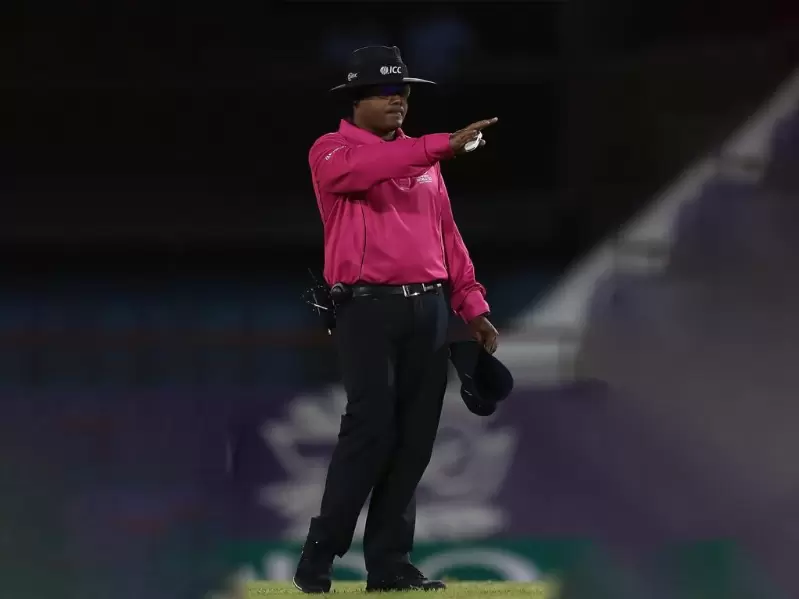
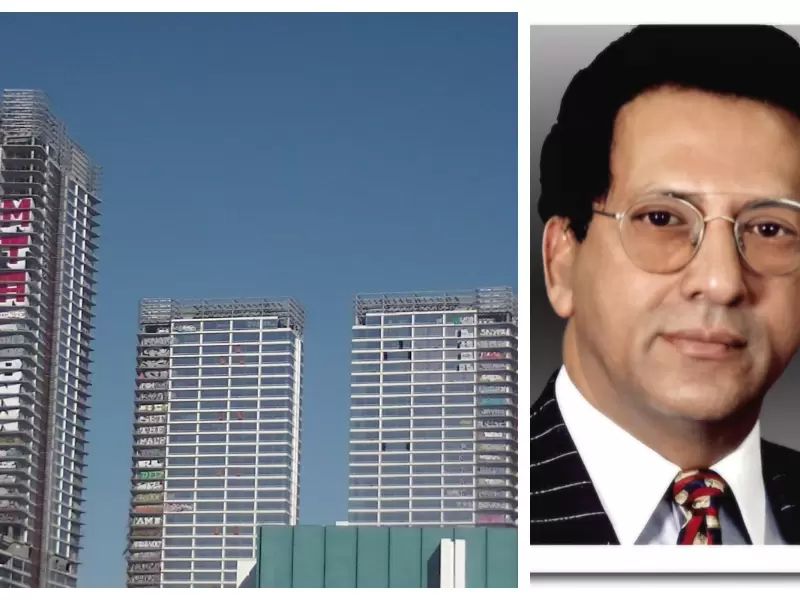
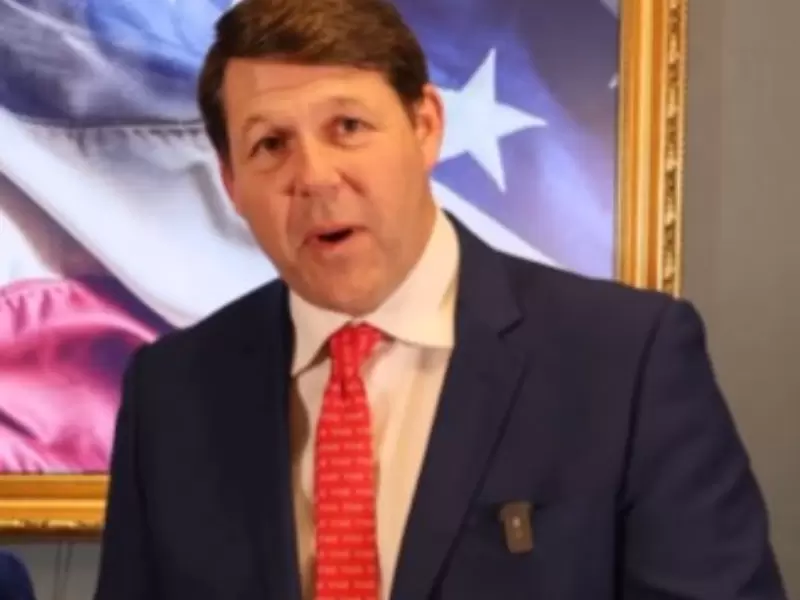

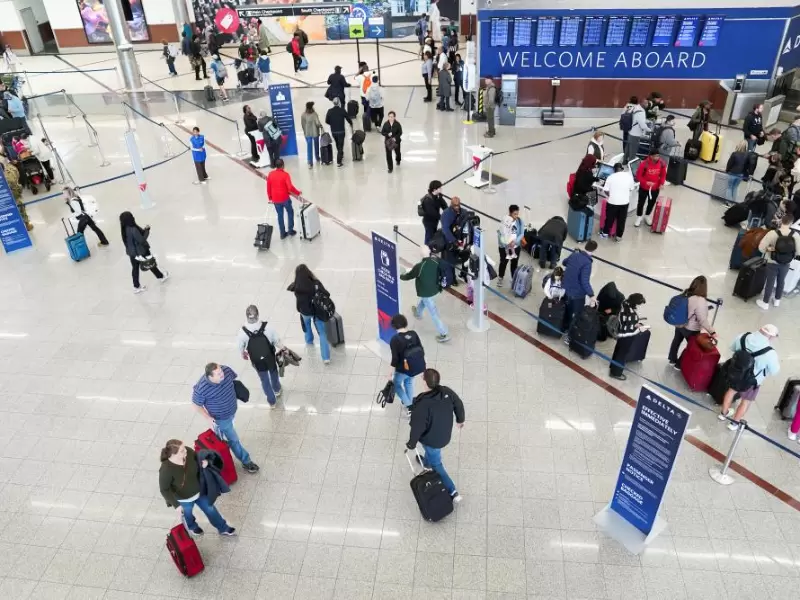
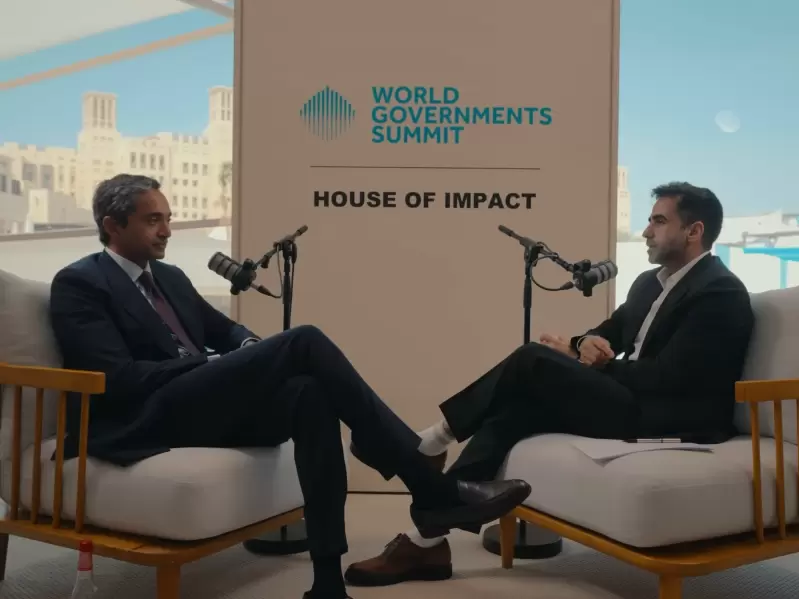

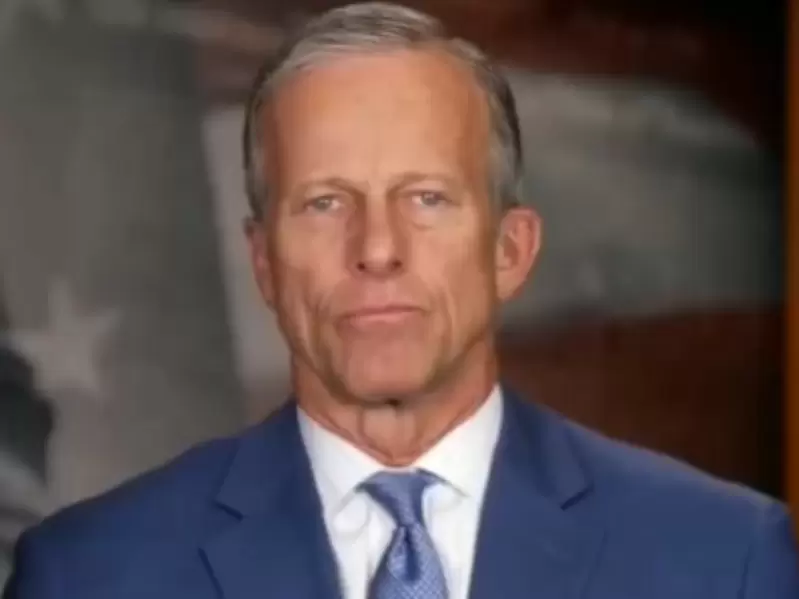
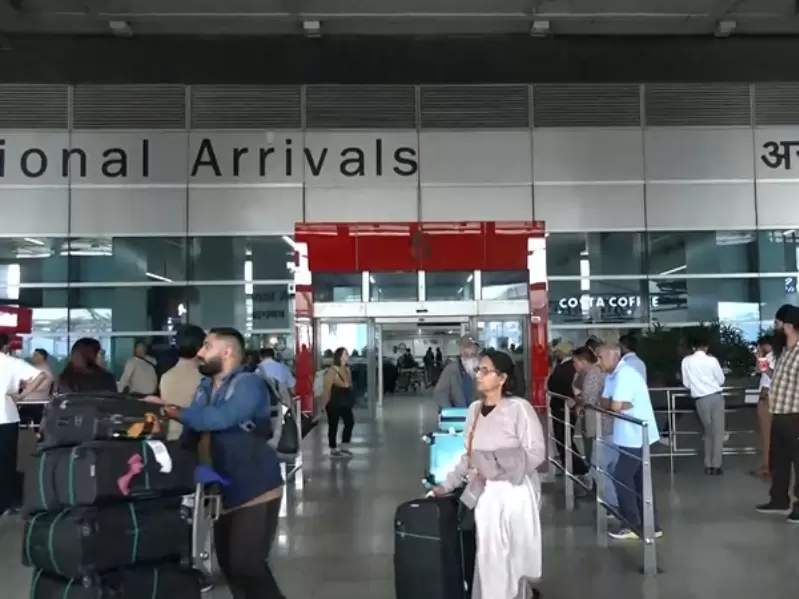
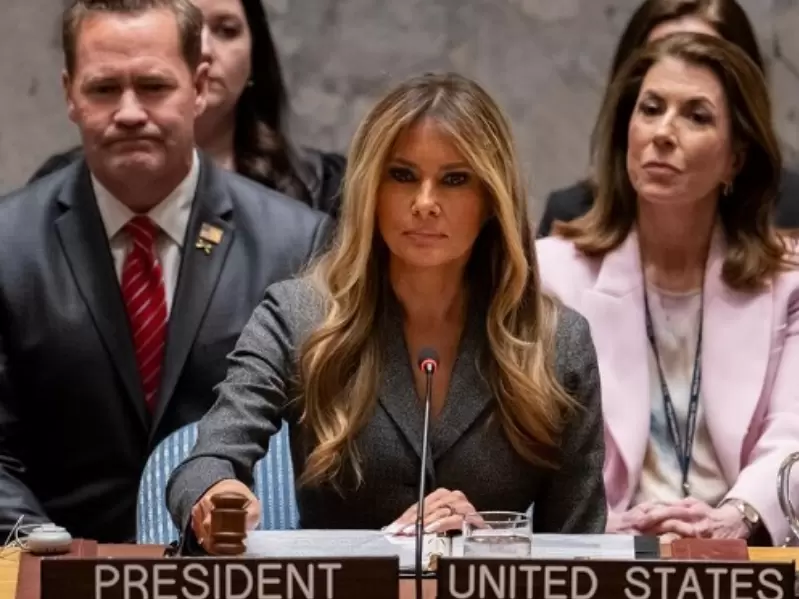
.jpg)



Comments
Start the conversation
Become a member of New India Abroad to start commenting.
Sign Up Now
Already have an account? Login